
How Startups Can Leverage OpenAI’s API for Growth
Learn how startups can leverage OpenAI’s API to automate tasks, boost productivity, and build smarter apps without breaking the bank.
Let’s cut to the chase—OpenAI’s API is not just for AI researchers or enterprise giants. Startups, even pre-seed ones, can absolutely harness it to build faster, operate leaner, and deliver better experiences to customers. Whether you're creating a productivity tool, a customer support bot, or a completely novel AI-powered application, OpenAI’s API offers access to some of the world’s most powerful language models with just a few lines of code.
At Horizon Labs, we’ve helped over 60 startups—from idea-stage MVPs to post-Series A products—integrate OpenAI's API into their stacks. This post is a practical, founder-friendly guide to leveraging OpenAI’s API the smart way.
What is OpenAI’s API?
The Basics in Plain English
OpenAI’s API gives you cloud-based access to large language models (LLMs) like GPT-4, Codex, and DALL·E. These models can understand and generate human-like text, code, images, and more. The beauty is that you don’t need to train anything from scratch—you simply make API calls to get intelligent responses.
Use cases include:
- Writing and editing content
- Summarizing long text or emails
- Writing code snippets or full functions
- Building chatbots
- Analyzing sentiment
- Generating structured data from unstructured inputs
Why Startups Should Care
Speed and Cost-Effectiveness
Let’s be real—startups run on tight timelines and tighter budgets. OpenAI’s API can significantly reduce engineering overhead and go-to-market time. You can prototype an AI-powered feature in days instead of months.
Flexibility and Modularity
You don’t need to build a “fully AI” product. Startups can augment existing features with LLMs:
- A job board can auto-generate role descriptions
- A SaaS dashboard can explain metrics in plain English
- An e-commerce tool can write product descriptions at scale
Popular Ways Startups Are Using It
Here’s a breakdown of real-world examples we’ve built or seen:
- AI Copilots: Tools that help users write better emails, legal contracts, resumes, etc.
- Data Enrichment: Auto-tagging CRM entries, extracting structured insights from PDFs
- Knowledge Assistants: Internal search tools for wikis and documentation
- Customer Support: Human-like bots that escalate only when needed
- Dev Tools: Code generators, test case creators, or log explainers
The key is to start with a narrow use case. Then you can build up from there once you see traction.
Common Pitfalls to Avoid
Going Too Broad, Too Soon
LLMs can do a lot, but they don’t excel at everything. Start with one clear user pain point, not a vague “chatbot that can do anything.”
Cost Mismanagement
OpenAI’s API is affordable at low volumes but can get pricey at scale. Use rate-limiting, caching, and truncation techniques. For example, cache repeated requests using vector databases like Pinecone or open-source alternatives like Weaviate.
Ignoring UX
Founders sometimes bolt GPT into an app without thinking about the user experience. Make sure outputs are contextual, editable, and trustworthy. Nobody wants an AI that confidently gives the wrong answer.
Tech Stack Tips
Your Infra Matters
We recommend these tools alongside OpenAI’s API:
- LangChain or LlamaIndex for prompt chaining and memory
- Supabase or Firebase for fast backend integration
- Vercel or Render for instant deployments
- Pinecone or Qdrant for semantic search
- Posthog or Amplitude for behavior analytics
Keep it Iterative
Don’t build a huge system upfront. Use tools like Postman or Python notebooks to test prompts manually. You’ll save time and headache.
Security and Compliance
If you're dealing with healthcare, finance, or education, OpenAI offers a HIPAA-compliant plan (Enterprise tier). However, do not send personally identifiable info through the API unless you're on a vetted plan. Instead, anonymize data or use hybrid architectures where sensitive logic runs locally or in your own VPC.
When to Hire an Expert
If you're a solo founder or lack strong AI/infra experience, bringing in experts can save you from painful mistakes. At Horizon Labs, we’ve seen founders try to duct-tape a GPT-4 feature into their app without considering prompt engineering, token cost, context management, or UX. Sometimes we’re brought in after things break. It’s way cheaper to build it right from day one.
Let AI Handle the Grind So You Can Focus on Growth
OpenAI’s API isn’t just cool tech—it’s a strategic weapon for lean startups trying to punch above their weight. From automating the boring stuff to supercharging your product, it’s one of the fastest ways to deliver customer value without ballooning your engineering team.
How to Validate Your OpenAI Use Case Without Writing Code
Before writing a single line of code, you can validate your idea using OpenAI’s Playground or tools like ChatGPT. Here’s how:
- Draft a Prompt: Write the prompt your product would send. Be specific.
- Test Variations: Try it with different inputs to see how robust it is.
- Measure Utility: Would this genuinely save time, reduce friction, or create delight for a user?
- Mock the Experience: Use no-code tools like Webflow, Bubble, or Framer to build a click-through prototype and test with users.
Founders often think validation means code. It doesn't. You can learn a lot from fake buttons and simulated responses.
Prompt Engineering Tips for Founders
Prompting is half art, half science. Here’s what we’ve learned:
- Be Direct: "Summarize this article in 3 bullet points." works better than "Can you help me understand this?"
- Set Expectations: Define the tone, format, and length of the output.
- Use Examples: Few-shot prompting (showing examples) boosts quality dramatically.
- Iterate Constantly: Prompt performance will change as your app evolves. Test early and often.
Think of prompts like UX copy—they shape the user's experience more than you might think.
How to Monetize Your AI Feature
Founders often ask, “How do I price this GPT-powered tool?” Here are a few ways to think about it:
- Value-Based Pricing: Charge based on outcomes. If your feature saves someone 5 hours a week, it’s probably worth $10–30/month.
- Usage-Based: Offer tiers tied to API tokens or feature usage. This aligns well with OpenAI’s pricing model.
- Freemium: Give away low-cost features and charge for more premium, accurate, or automated versions.
- B2B Integrations: Consider API wrappers or embedded tools for other SaaS platforms. We’ve helped clients launch GPT-plugins into Slack, HubSpot, and more.
Horizon-Labs.co Can Help You Integrate OpenAI the Right Way
At Horizon Labs, we’ve helped startups in AI, marketplaces, SaaS, and healthtech leverage OpenAI’s API to drive real outcomes. Whether you're building your first AI prototype or adding intelligent features to an existing app, our team knows how to get it done—fast, securely, and within budget. Need help integrating OpenAI or unsure if it’s right for you? Let’s chat. Email us at info@horizon-labs.co or book a free consult at https://www.horizon-labs.co/contact. If we’re not the right fit, we’ll gladly introduce you to trusted partners who’ve helped our portfolio founders succeed.
Frequently Asked Questions (FAQs) about Leveraging OpenAI’s API for Startups:
Q: Do I need a machine learning background to use OpenAI’s API?
A: Nope. One of the best things about OpenAI’s API is that it's designed for developers of all levels. If you can make an HTTP request, you can integrate it. That said, understanding the basics of prompt design and API structure will help you get better results.
Q: How much does it cost to use OpenAI’s API for my startup?
A: Pricing depends on the model you use (e.g., GPT-3.5 is cheaper than GPT-4) and the number of tokens processed per request. Many early-stage startups can operate comfortably within $20–$100/month during prototyping. Once you hit scale, smart caching and token management can help keep things affordable.
Q: Can I fine-tune the models on my own startup’s data?
A: Yes, OpenAI supports fine-tuning on certain models. But for most startups, prompt engineering and embeddings (for search or contextual memory) are sufficient and way cheaper. Fine-tuning makes sense only if you're solving a highly specific problem that generic models can’t handle well.
Q: What if OpenAI’s API is down or changes behavior?
A: That’s a valid concern. Build fallbacks into your app and keep a close eye on OpenAI’s changelog. Consider hybrid approaches—e.g., using open-source models locally for backup or latency-sensitive operations.
Q: Can I build a fully AI-powered product just using OpenAI’s API?
A: Technically, yes. But in practice, the best products combine AI with smart UX, domain logic, and human oversight. Don’t rely solely on OpenAI. Use it as a core enabler, not the entire brain of your app.
Q: How can I ensure the outputs from OpenAI are accurate and trustworthy?
A: Always include a human-in-the-loop for critical use cases—especially in healthcare, finance, or legal domains. You can also apply post-processing rules, validation layers, or confidence scoring to catch hallucinations or incomplete responses.
Q: What’s the difference between using OpenAI directly vs. a wrapper tool like Jasper or Copy.ai?
A: Tools like Jasper are great for marketing teams and fast prototyping, but they’re limited in customization. OpenAI’s API gives you full control over the prompts, outputs, and integration logic—ideal for startups building proprietary products.
Q: Are there any legal risks in using OpenAI’s API for commercial products?
A: Most use cases are fine, but read OpenAI’s terms of use. Don’t submit PII, copyrighted data, or use it for regulated decisions unless you’re on a compliant enterprise plan. Always review what’s stored and logged.
Q: How do I deal with context window limitations in GPT models?
A: If you’re working with long documents or conversations, chunk and compress inputs, use embedding-based retrieval with tools like LangChain, or leverage models with extended context like GPT-4-32k. Designing around this constraint is key for scaling.
Q: Is there a way to track and analyze how users interact with GPT features?
A: Absolutely. Log every prompt and response, then layer on tools like PostHog or Mixpanel to track engagement and drop-off. This helps you refine both UX and prompt logic over time, turning your GPT feature into a polished product.
Need Help Building Your AI-Powered Product? Let’s Talk.
At Horizon Labs, we’ve helped dozens of startups—across AI, SaaS, marketplaces, and healthtech—leverage OpenAI’s API to deliver smarter, faster, and leaner products. Whether you’re validating a new AI feature or scaling a production-grade system, we’re the technical partner founders trust when they can’t afford to get it wrong. We don’t just plug in APIs—we help you design experiences, optimize cost, and build infrastructure that scales.
Need help integrating OpenAI’s API the right way? Shoot us a message at info@horizon-labs.co or schedule a free strategy call at https://www.horizon-labs.co/contact. And if you’re looking for something outside our wheelhouse, we’ll happily connect you to vetted partners who’ve helped other founders we trust.
Need Developers?
We help startups build ideas into apps their customers will love (without the engineering headaches).
















For Startups & Founders
We've been founders ourselves and know how valuable the right communities, tools, and network can be, especially when bootstrapped. Here are a few that we recommend.
.png)
9 Best Product Development Agencies in Irvine, California (2025 Edition)
Looking for the best product development agency in Irvine, CA? Check out our 2025 roundup of top product design & software companies to bring your ideas to life
Read more
Best Product Development Agency: San Francisco Bay Area 2025
Looking for the best product development agency in the San Francisco Bay Area? Explore our picks for 2025, featuring product design, software dev, and more.
Read more
Is Sharetribe Right for Your Business? 10 Questions to Ask
Discover if Sharetribe is the best fit for your marketplace. Compare ST vs Cocorico, explore alternatives, and answer 10 crucial questions before you decide.
Read more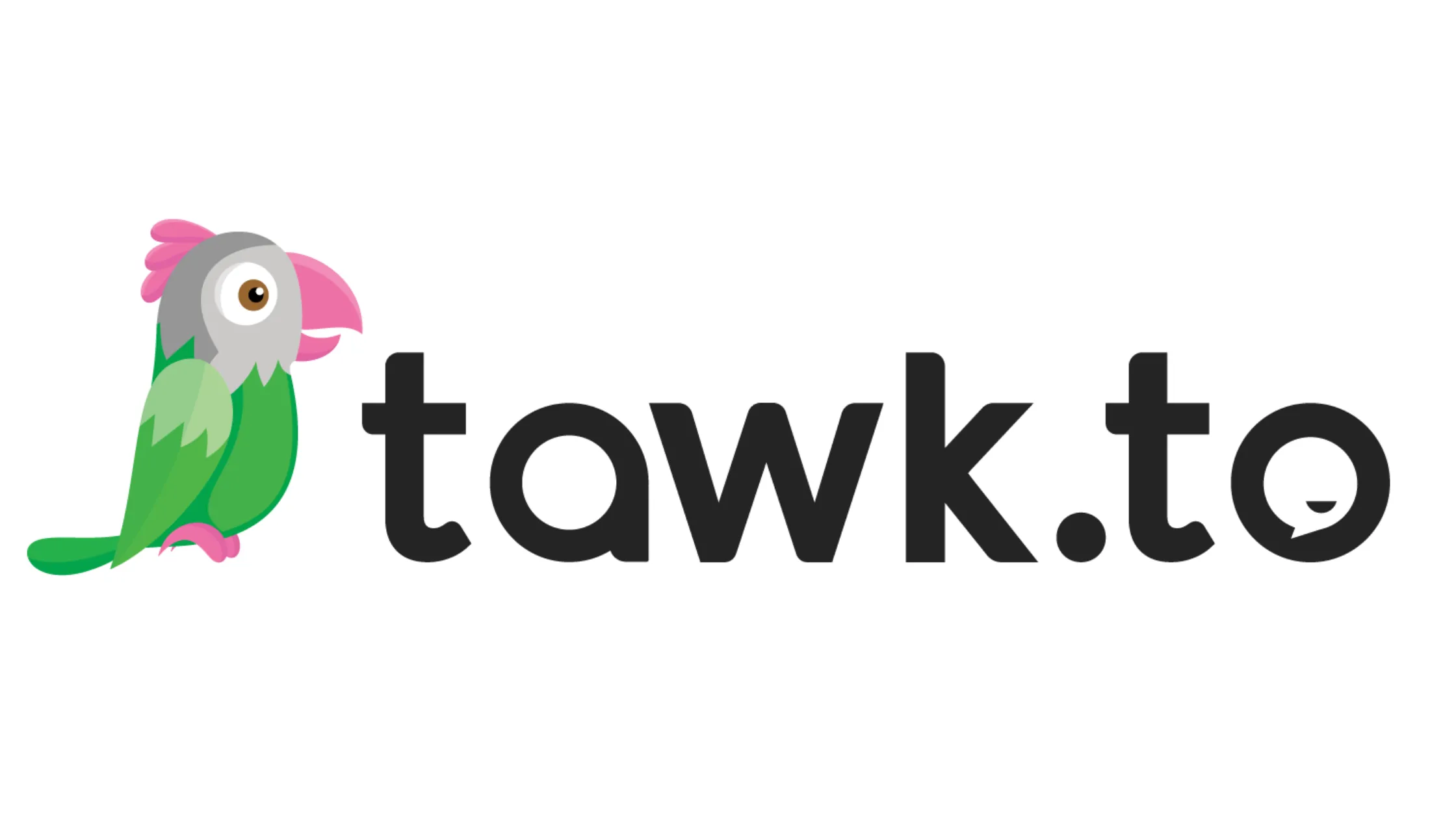
How Tawk.to Can Boost Your Startup’s Customer Support Game
Learn how Tawk.to can benefit startups by enhancing customer support and engagement. Perfect for early-stage founders!
Read more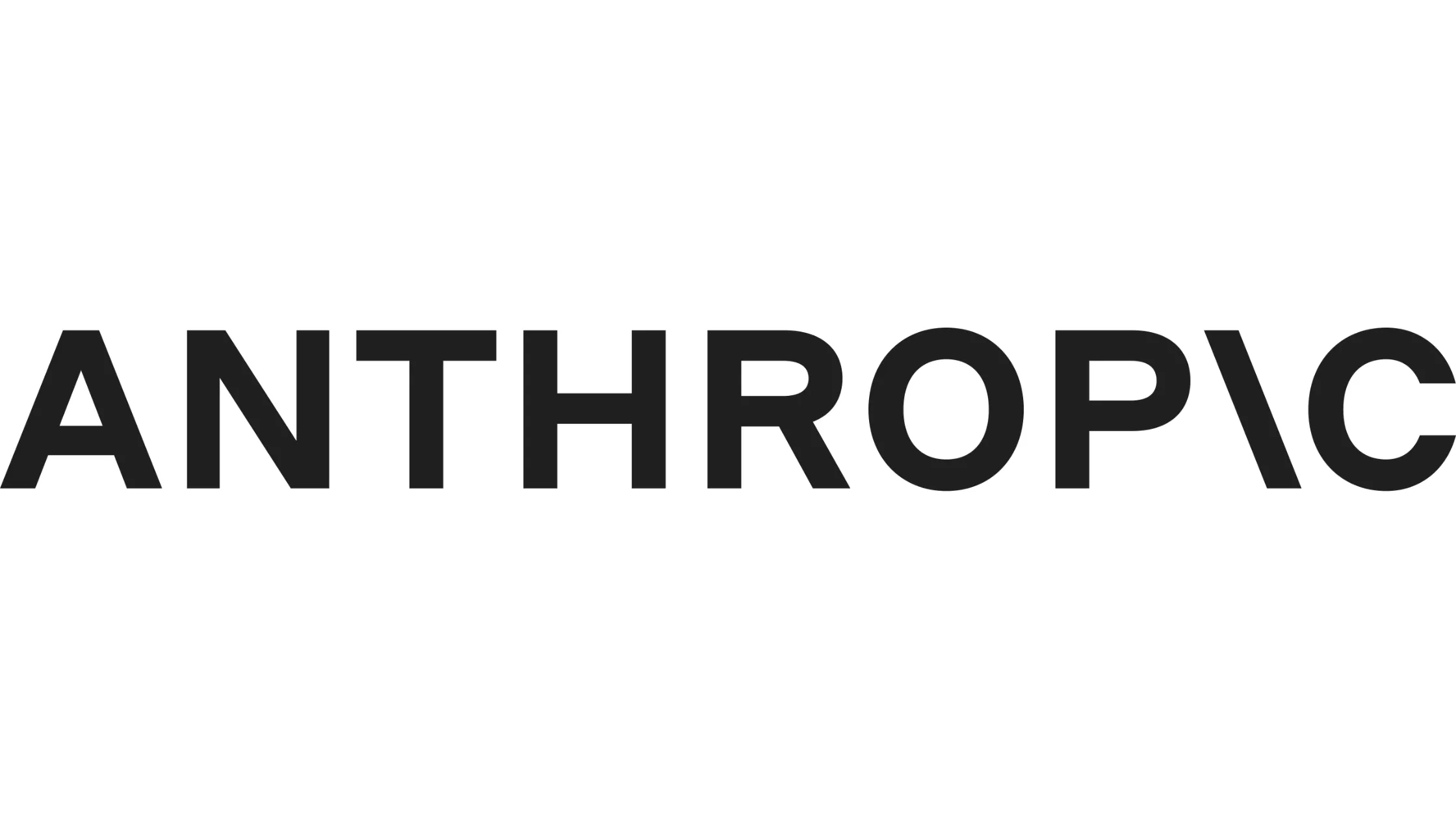
Grow Your Startup With Anthropic's AI-Powered Tools
Discover how Anthropic's cutting-edge AI tools can accelerate your startup's success. Learn about their benefits and see why they can be trusted by startups.
Read more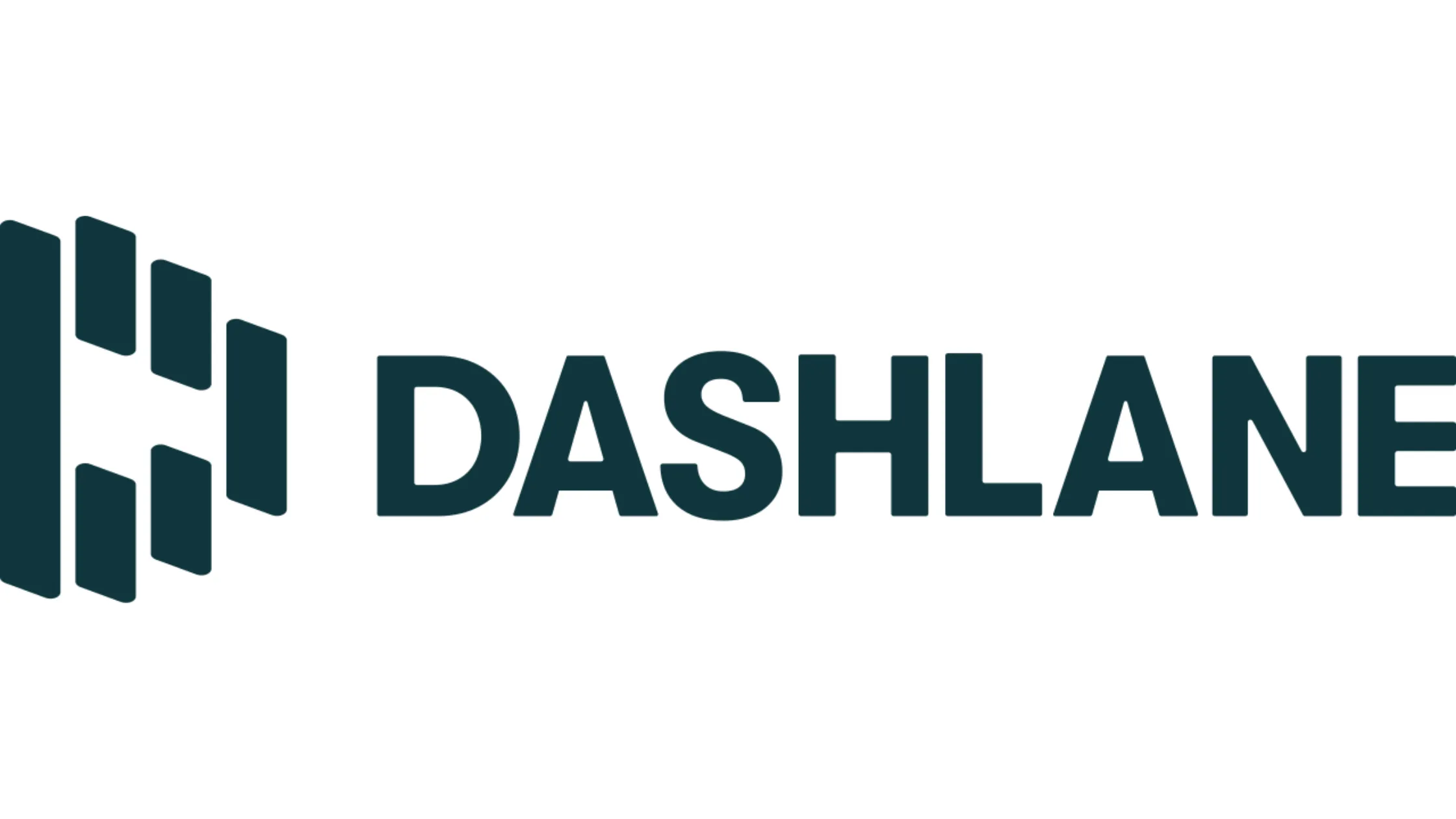
Dashlane
Simplify password management and security for your startup with Dashlane. Discover how it protects your data, scales with your team, and boosts efficiency.
Read more
How Startups Can Leverage OpenAI’s API for Growth
Learn how startups can leverage OpenAI’s API to automate tasks, boost productivity, and build smarter apps without breaking the bank.
Read more
What is Equity for Startup Founders?
Learn what equity is, why it matters for startups, and how to allocate it effectively. A beginner's guide for startup founders.
Read more
What is a Term Sheet?
Learn the essentials of term sheets in this beginner-friendly guide for startup founders, covering key terms, negotiation tips, and common pitfalls to avoid.
Read more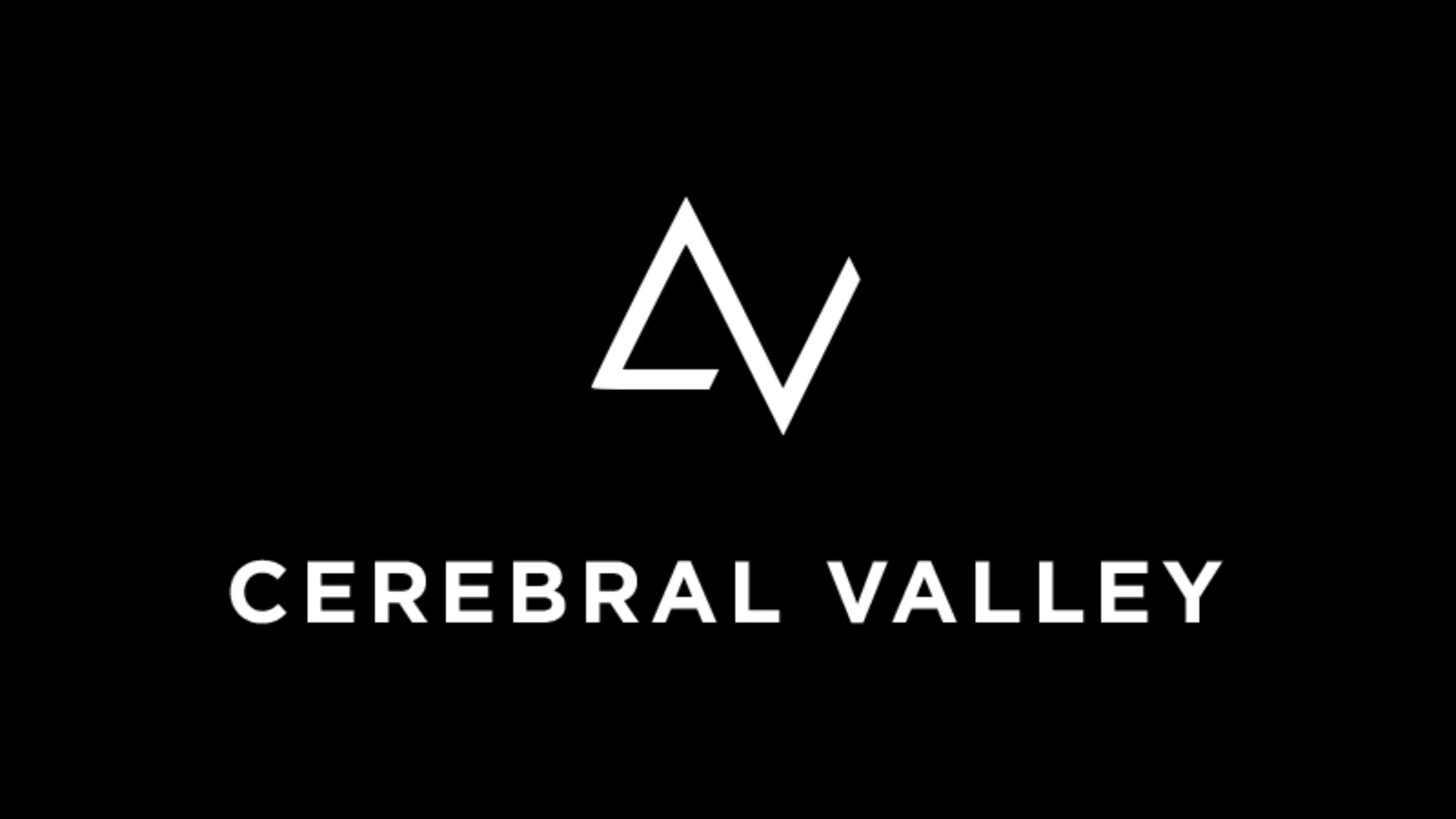
CereberalValley.ai
Explore CerebralValley.ai, the essential community for AI startups. Connect with AI experts, access resources, and network with investors to accelerate growth.
Read more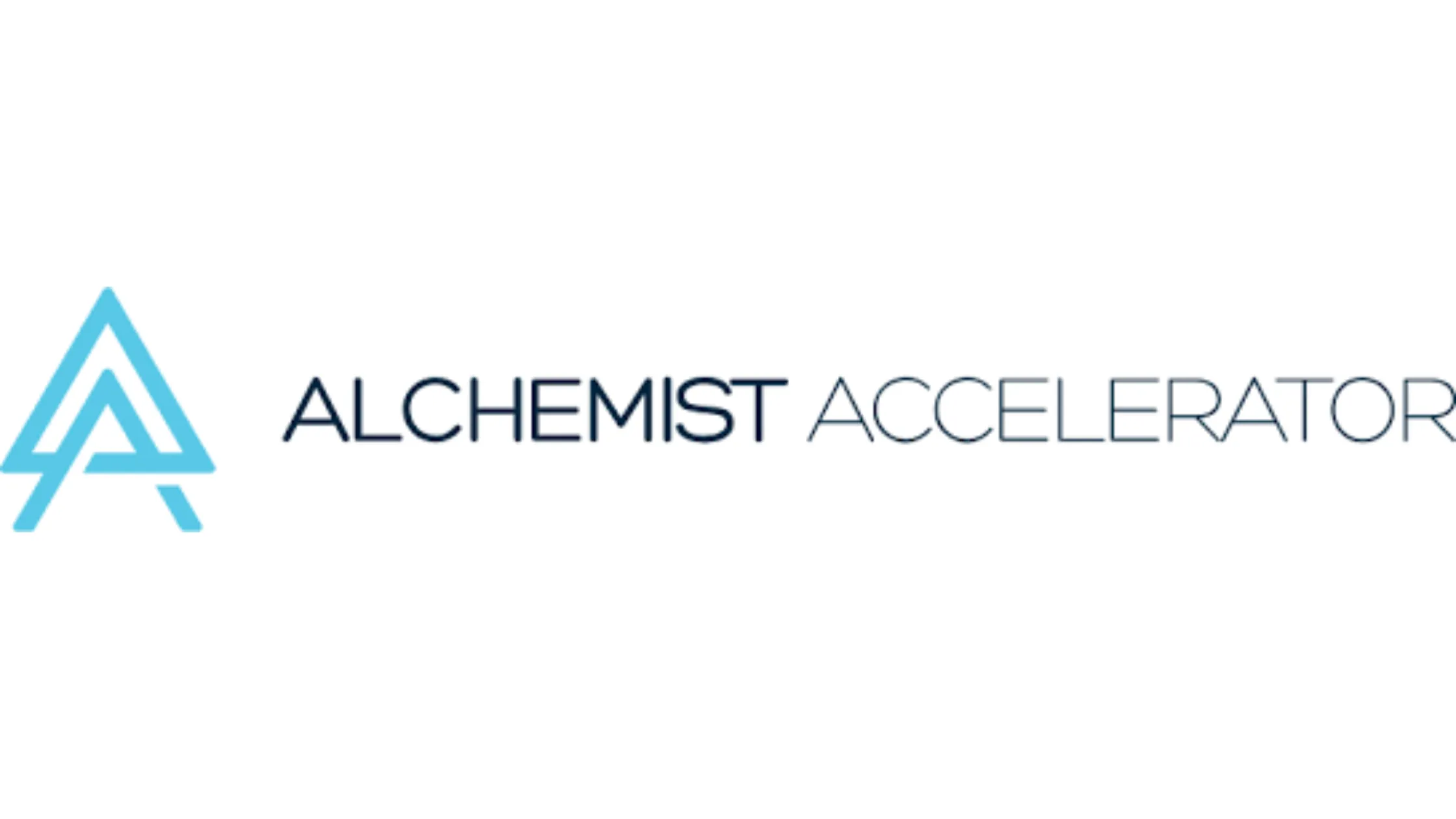
Alchemist Accelerator
If you're a B2B startup, Alchemist is by far one of the greatest communities that can accelerate your startup. Highly recommended!
Read more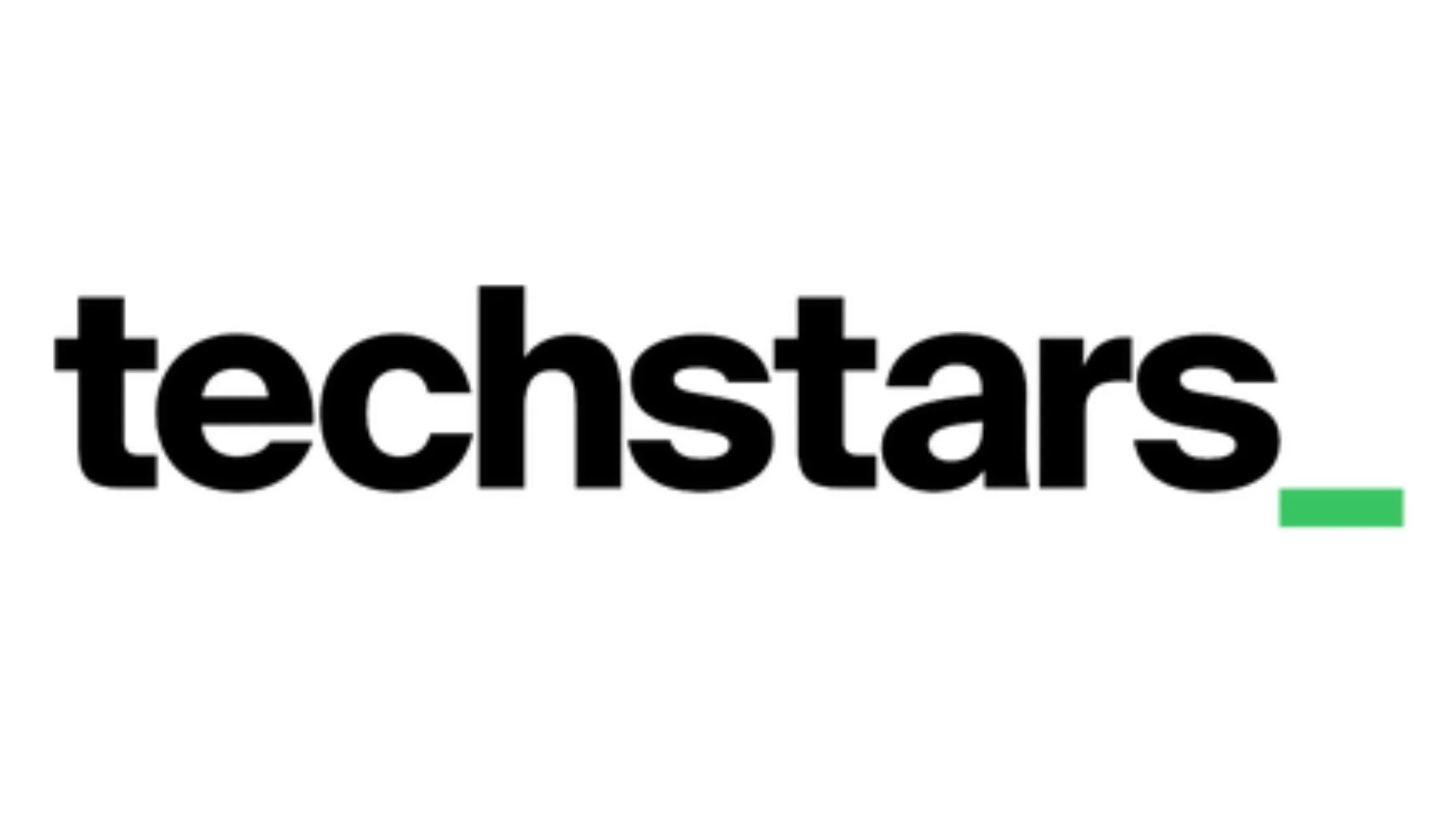
Techstars: Launching Pad for Tech Startups
Discover how Techstars, the premier startup accelerator, can supercharge your venture with mentorship, funding, and a global network of innovators.
Read more